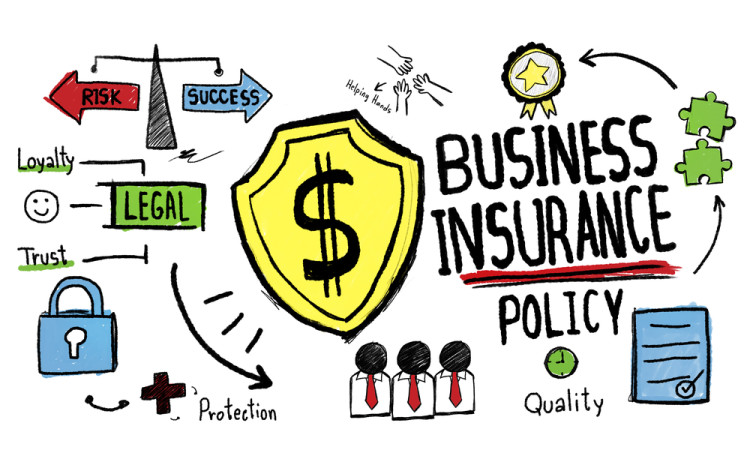Starting your own business can be a journey; you invest your time and energy into a dream. Like any worthwhile endeavor, you will have to shed some blood, sweat, and tears to get what you want. It would be an absolute disaster to lose all of your hard work to an accident that might occur. Any wise entrepreneur will want to go the extra mile to ensure their creation is safe from harm.
Most of us are familiar with insurance in the case of car or home insurance, protecting us from paying out of pocket in the case of catastrophic damage. What some may not know is a plan exists for your business, too, in the form of general liability insurance. You wouldn’t want to operate your car without a safety net in the case of an accident: the same should be extended to your investments.
Let’s go over what general liability insurance is in simple terms and explore the reasons you shouldn’t go without it.
The Basics (and Why You Need Insurance)

Small business ownership is often talked about among friends and family, but rarely do we have the time or opportunity to pursue our intentions. The people who are able to chase the dream of self-reliance sometimes forget or don’t consider in their haste that their dreams could crumble in an instant. An accident can completely destroy a company without protections through expensive lawsuits and attorney fees. To the advantage of anyone looking to set up shop, protection from a world-shattering event does exist in the form of general liability insurance.
Insurance plans are offered tailor-made to your field of work, offering safety from lawsuits resulting in bodily harm, property damage, or copyright infringement issues. Plans are relatively reasonable in price, but keep in mind that riskier work can affect how much you’ll pay in premiums each month. Even if you think you may be safe from getting sued, the low cost to maintain a plan is well worth the peace of mind.
If you own a brick and mortar location or do all of your work out of a truck, you need a safeguard. You will want to find General Liability Insurance for business to protect you from owing tons due to litigation.
What It Covers
Accidents happen to everyone: sometimes they can be severe enough to result in bodily harm. Any time someone is hurt and your business is at fault, your insurance plan will kick in to cover that for you; a claim of this nature has the potential to wreck a fledgling company.
Your coverage will protect you from other forms of damage such as property and data loss. Especially important for anyone in the tech field, you will be covered in the event a client’s data maintained on their electronic systems is destroyed. Medical and defense costs are also handled by your policy. Check this additional resource for tree service insurance.
Your insurance provider can help you with legal matters more than just monetarily. They often facilitate between parties to reach a resolution as quickly as possible, in some cases reaching a settlement before going to court. As you can see, general liability insurance covers a lot of the potentially destructive events facing your business.
What It Doesn’t Cover
While a good policy will protect you from many issues that may arise, there are a few cases where you may not be covered. On the job injury is not covered under a general liability plan; that is handled through workers’ compensation.
If you’re in an industry of expertise such as consulting, be aware that any lawsuits regarding professional advice fall under a professional liability insurance package. Anyone in the skilled trade who lives by their truck should know that claims stemming from the use of vehicles will not be handled.
Your plan will not cover any damage or lawsuits originating from within your organization – it applies to third parties only. And, of course, any time an otherwise claimable act is carried out with intent, you forfeit any coverage you may have had.
Requirements to Apply

To provide a quality service to all of their clients, an insurance company does have some stipulations to meet before they will issue a plan. Your prior claims and the history of your business will be examined when determining if you will be granted coverage. High-risk industries, or those rife with litigation, may have issues when looking for a policy.
Be ready to provide basic information like your name, location, and the number of employees. The insurance company will ask for some more detailed information as well, such as details about the work you do and revenue estimates. You should also have a coverage amount in mind when applying; suggested amounts commonly range from a $250,000 to two million dollars for a small firm.
It would take years of insurance payments to make up for one mistake or accident that leads to legal proceedings; the value of investing in a good policy is obvious. Do not let misfortune ruin everything you have worked so hard to achieve. Take time to do your research and get the best plan so your business survives for years to come.














